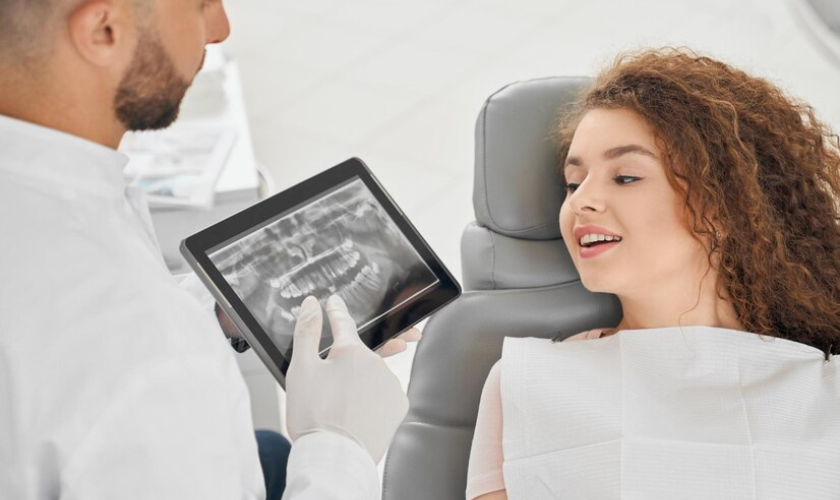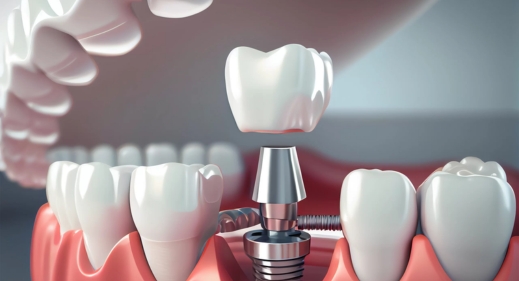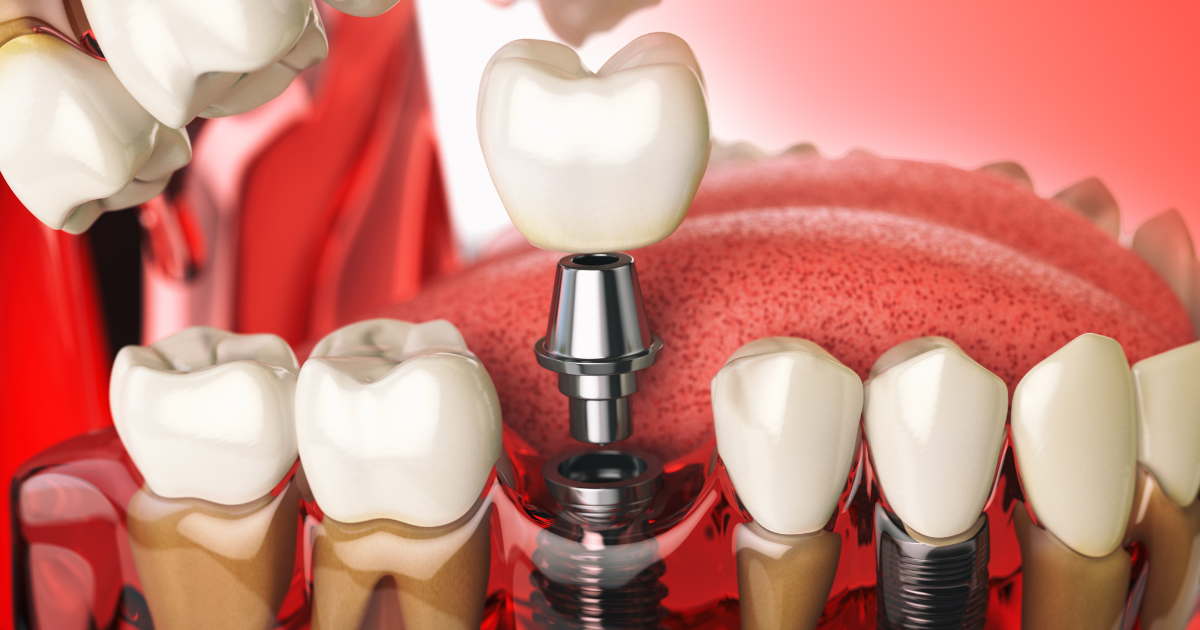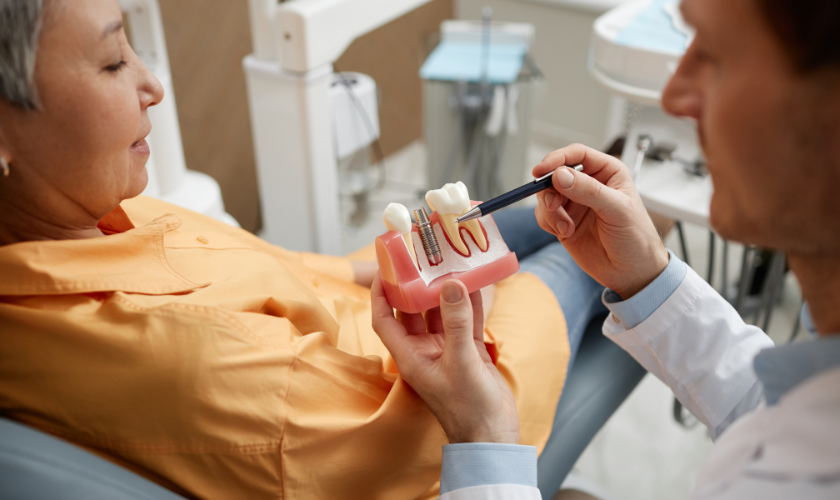943 Finchley Rd, London NW11 7PE
The Latest Technological Advances in Dental Implant Procedures

For decades, dental implants have offered a life-changing solution for individuals with missing teeth. These innovative solutions offer unparalleled stability, functionality, and aesthetics. Also, these implants mimic the natural feel and look of your teeth. However, the field of dental implantology is constantly evolving, embracing new technologies to improve the entire experience. This blog delves into the exciting world of cutting-edge advancements transforming dental implant procedures, making them more precise, efficient, and comfortable for patients.
Digital Dentistry: Planning for a Flawless Future
Gone are the days of relying solely on traditional X-rays for implant planning. The introduction of digital dentistry has revolutionised the field, offering a plethora of advantages:
3D Imaging Software: This software creates a detailed, virtual 3D model of your jawbone and surrounding structures. This allows dentists to plan implant placement meticulously. Also, it effectively ensures optimal positioning for functionality and aesthetics.
Cone Beam CT Scans: These advanced scans provide a high-resolution 3D image of your jawbone, revealing intricate details like bone density and nerve pathways. This information is crucial for determining the feasibility of implant placement and minimising the risk of complications.
Computer-Aided Design (CAD) and Computer-Aided Manufacturing (CAM): This powerful duo allows for the creation of custom surgical guides and implant components. As a result, it ensures precise placement and minimises surgical time.
Minimally Invasive Techniques: A Gentler Approach to Implantation
Traditionally, implant placement involves surgical procedures to expose the bone for implant insertion. However, recent advancements have paved the way for minimally invasive techniques:
Piezoelectric Surgery: This utilises ultrasonic vibrations to cut through bone tissue gently, minimising trauma and promoting faster healing.
Guided Surgery: Surgical guides created using 3D data act as a roadmap for precise implant placement. Doing so minimises the need for extensive incisions and offers a more comfortable surgical experience.
Immediate Loading: In select cases, advancements allow for the placement of a temporary crown on the implant on the same day as surgery. This eliminates the need for a separate procedure to uncover the implant. Also, it allows patients to experience a more natural and functional smile sooner.
Advancements in Materials and Surfaces: Building a Strong Foundation
The success of dental implants hinges on the materials used and their interaction with the surrounding bone. Here’s how advancements are shaping the future:
Biocompatible Materials: Modern implants are crafted from biocompatible materials like titanium. It readily integrates with the jawbone through a process called osseointegration.
Surface Treatments: Advancements in surface treatments, like sandblasting and acid etching, create a rougher surface on the implant. Doing so enhances its ability to bond with the bone and promotes osseointegration.
Antibacterial Coatings: These coatings are being explored to reduce the risk of peri-implant disease, a potential complication associated with dental implants.
Embracing the Future: Robotics and Beyond
While still in its early stages, robot-assisted surgery holds immense potential for the future of dental implantology. These systems offer enhanced precision and control during implant placement, potentially leading to even more predictable outcomes and minimising human error. Additionally, researchers are exploring the use of bioprinting for creating customised implant components.
The landscape of dental implant procedures is continuously evolving, driven by groundbreaking advancements in technology. These innovations aim to improve the patient experience by offering enhanced precision and accuracy for acquiring predictable outcomes. Also, with the help of minimally invasive techniques, individuals experience reduced discomfort and faster healing. In addition, the presence of personalised treatment options tailored to individual needs can offer patients a brighter future filled with confident smiles and improved oral health. It’s important to consult with a qualified Golders Green dentist to determine if dental implants are the right solution for your specific needs. They can guide you through the entire process, explaining the latest technologies available and ensuring a seamless and successful experience.







